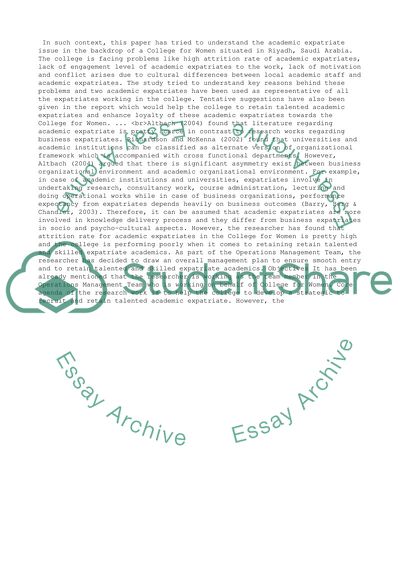Cite this document
(“Managing Expatriate : a Task for Operations Manager Research Paper”, n.d.)
Retrieved from https://studentshare.org/business/1489723-managing-expatriate-yt-a-task-for-operations
Retrieved from https://studentshare.org/business/1489723-managing-expatriate-yt-a-task-for-operations
(Managing Expatriate : A Task for Operations Manager Research Paper)
https://studentshare.org/business/1489723-managing-expatriate-yt-a-task-for-operations.
https://studentshare.org/business/1489723-managing-expatriate-yt-a-task-for-operations.
“Managing Expatriate : A Task for Operations Manager Research Paper”, n.d. https://studentshare.org/business/1489723-managing-expatriate-yt-a-task-for-operations.


